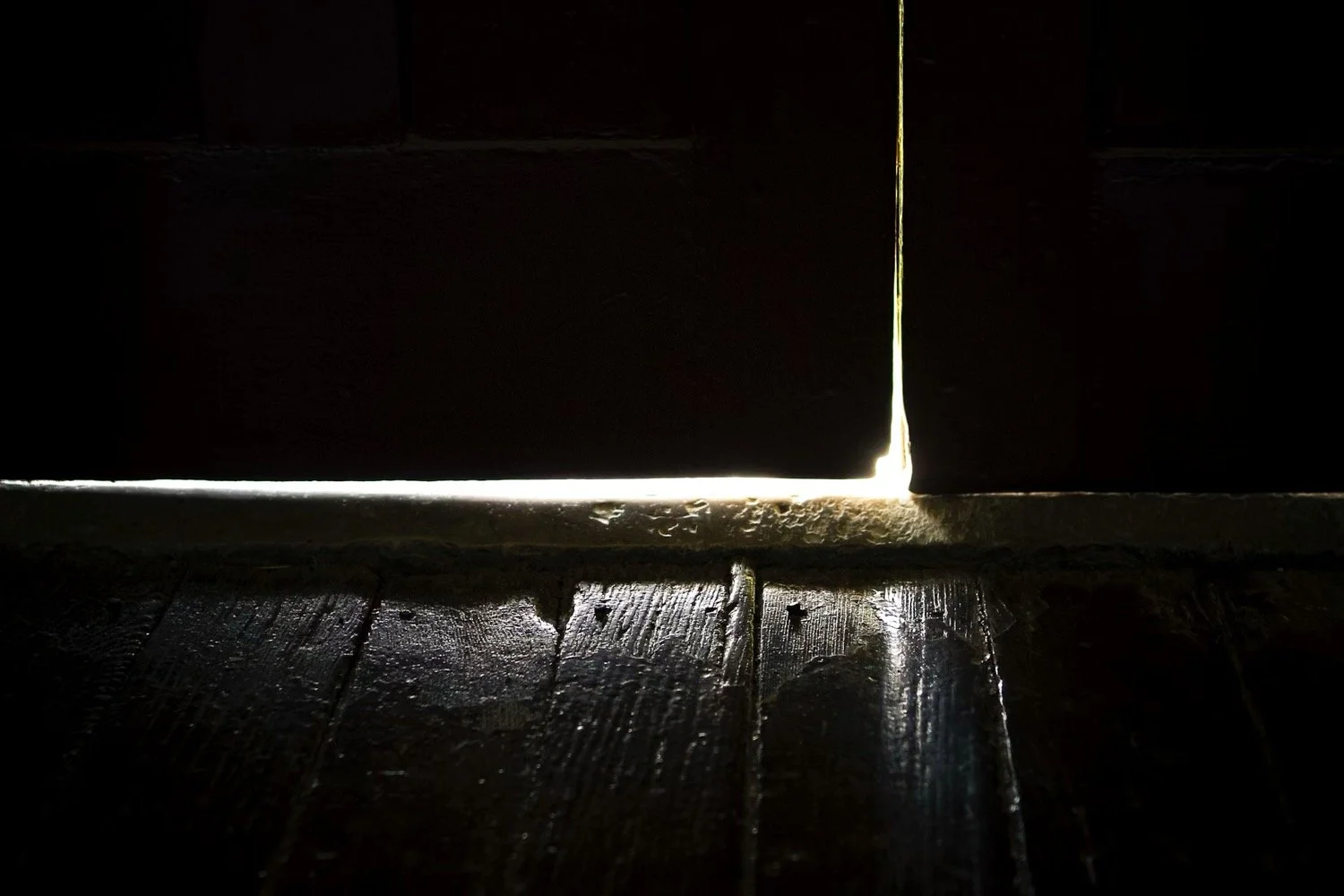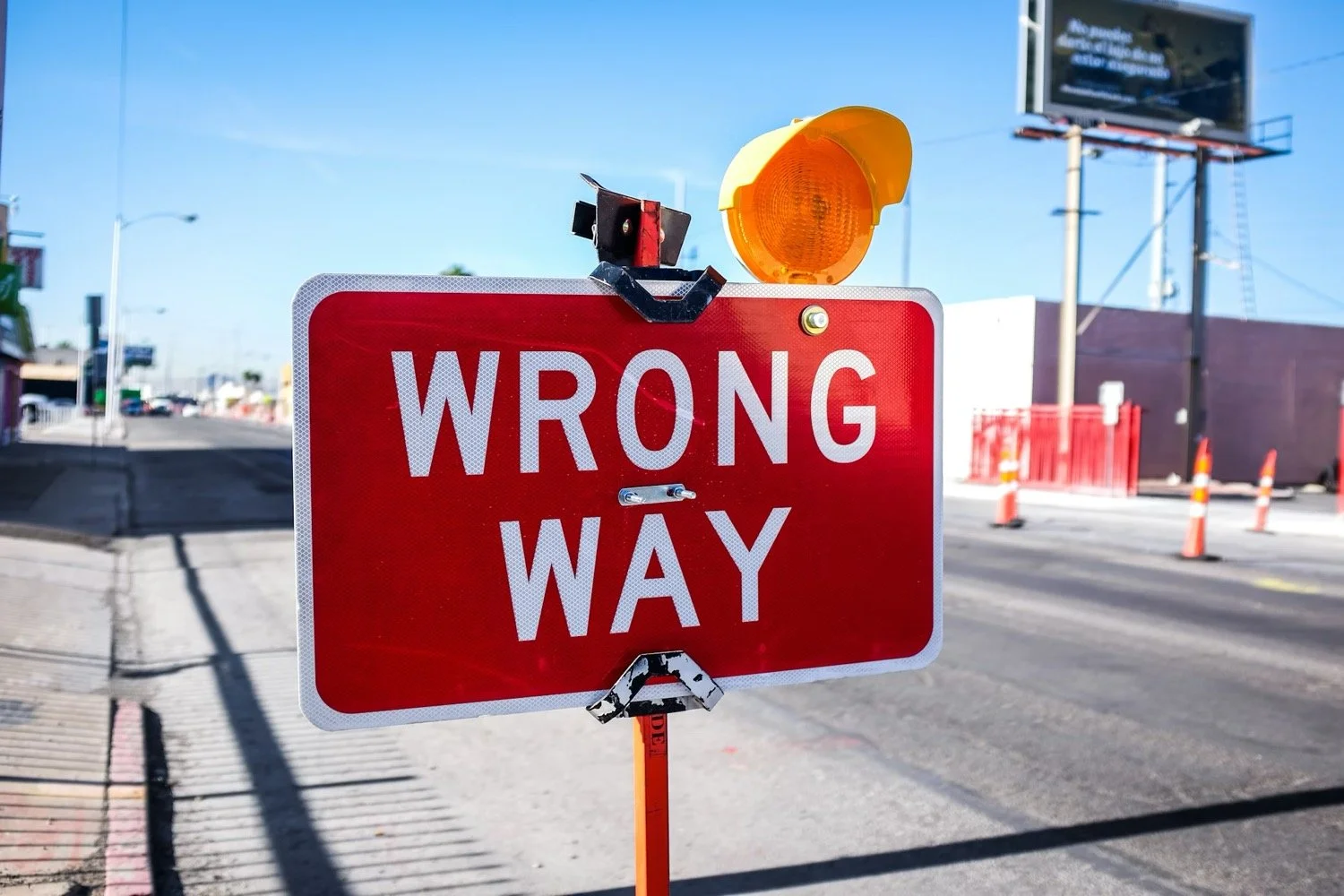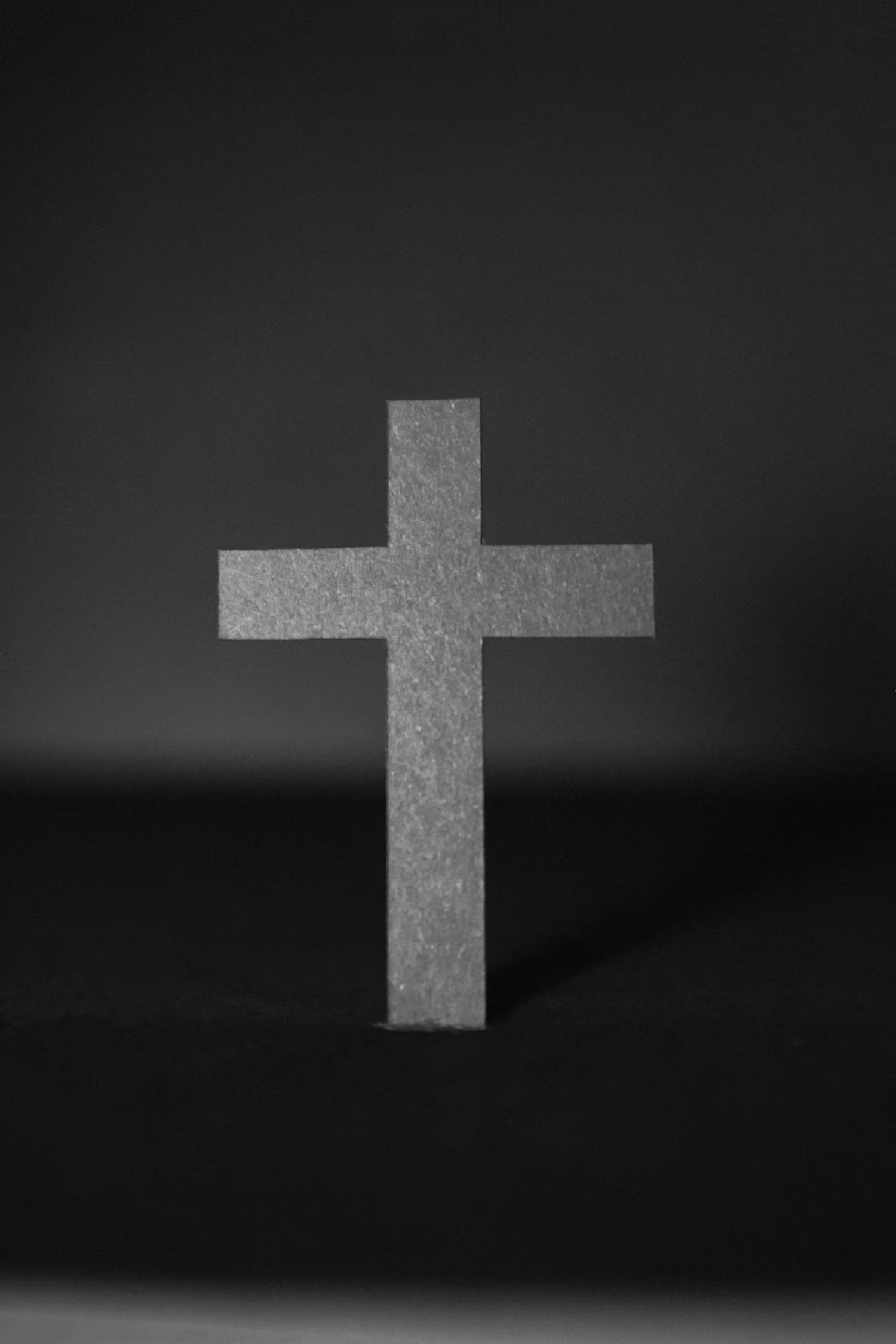Readings for today: Micah 1-4
Everyday I try to read the New York Times and the Wall Street Journal. I read Time Magazine and skim the headlines from CNN, FoxNews, and the BBC. I scroll through social media feeds on Facebook, Instagram, and Twitter. My goal in all this is not to punish myself or to get down or discouraged though I have to process those feelings constantly. No, the goal is to get in touch with real people and their real hopes and dreams, fears and anxieties, pain and suffering. I want to know and understand what’s driving our world to ruin and why we choose this path over and over again. As I’ve pondered these questions and many more, the only conclusion I can come to is the one arrived at by an ancient prophet as he surveyed the world around him.
“All the other people live however they wish, picking and choosing their gods. But we live honoring God, and we’re loyal to our God forever and ever.” (Micah 4:5 MSG) Micah clearly perceives the contrast between living for God and living for gods. He understands the true cost of idolatry. The death and destruction and despair it invites. He sees the helplessness and hopelessness of a people who live however they wish and who make up their own gods to justify their self-destructive decisions. I see it all the time myself. Every decision every person makes in their life for good or for ill seems rational to them in the moment. Human beings don’t make irrational decisions by and large. We make decisions that we believe are best for us even when we are self-deceived. The people Micah is called to prophesy to have chosen to go their own way. Do what is right in their own eyes. They try to make sense of their world by picking and choosing the pagan gods they will follow. Not much has changed. People in our world make similar decisions. They follow similar desires. They try to make sense of their world by picking and choosing the pagan gods of money, sex, power, addiction, you name it. And where does it all lead? To destruction. To self-inflicted pain and suffering. Isolation and loneliness. Heartache and heartbreak.
Thankfully God will not abandon His people. Not in Micah’s day. Not in our day. There is a time coming, according to Micah, when all things will be made new. The world will be set right. Every tear will be wiped away. Peace will break out. Justice will become the rule rather than the exception. Listen to how he describes it from Micah 4:1-4, 6-8, “But when all is said and done, God’s Temple on the mountain, Firmly fixed, will dominate all mountains, towering above surrounding hills. People will stream to it and many nations set out for it, Saying, “Come, let’s climb God’s mountain. Let’s go to the Temple of Jacob’s God. He will teach us how to live. We’ll know how to live God’s way.” True teaching will issue from Zion, God’s revelation from Jerusalem. He’ll establish justice in the rabble of nations and settle disputes in faraway places. They’ll trade in their swords for shovels, their spears for rakes and hoes. Nations will quit fighting each other, quit learning how to kill one another. Each man will sit under his own shade tree, each woman in safety will tend her own garden. God-of-the-Angel-Armies says so, and he means what he says…On that great day,” God says, “I will round up all the hurt and homeless, everyone I have bruised or banished. I will transform the battered into a company of the elite. I will make a strong nation out of the long lost, A showcase exhibit of God’s rule in action, as I rule from Mount Zion, from here to eternity. “And you stragglers around Jerusalem, eking out a living in shantytowns: The glory that once was will be again. Jerusalem’s daughter will be the kingdom center.”
The glory that once was will be again. There was a time when human beings lived in glory. We walked in glory. We loved in glory. At the dawn of creation, when God saw everything and it was good, humanity tilled a garden. We were naked and unashamed. We lived in complete freedom, complete peace, and complete transparency before the Lord and before each other. The echo of this existence still haunts us to this day. We all have a longing deep inside to return to Eden. To recapture the glory that was once our own. God’s promise is that we will see that day again if we turn to Him. And He reveals the fulfillment of that promise in the Person of His Son Jesus Christ. The One in whom the fullness of God’s glory dwells. And when we place our faith in Jesus, the Spirit comes to reside in us, filling us with His glory once again. This is why the Apostle Paul says, “God has chosen to make known to His saints the glorious riches of this mystery which is Christ in you, the hope of glory.” (Col. 1:27)
Readings for tomorrow: Micah 5-7




